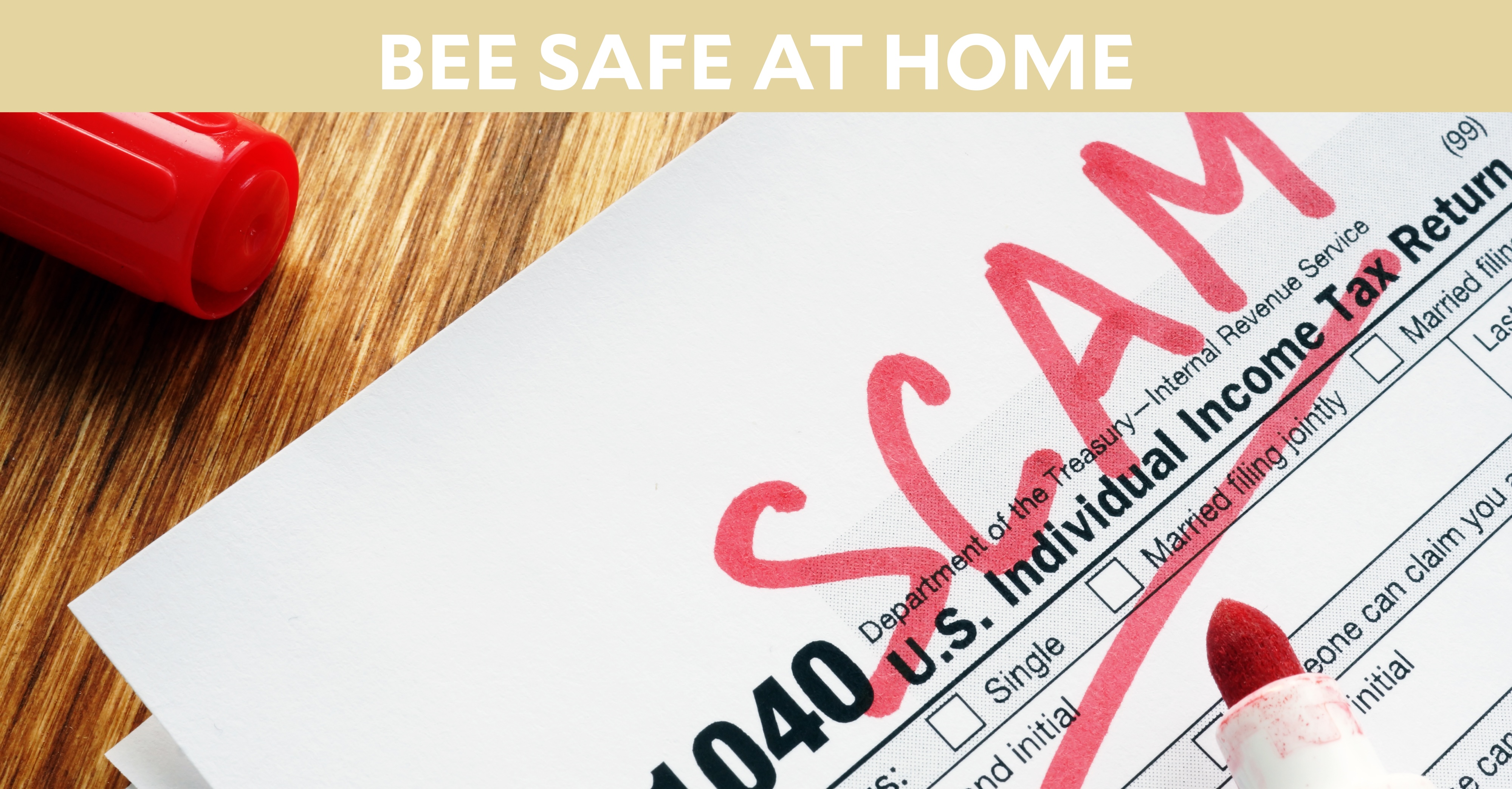
Do you have confidential data like social security numbers stored on your personal devices?
Are you properly protecting it so that if your device is lost or stolen, no one can access it?
Many of us store confidential data on our devices yet don’t protect them. If the data isn’t properly secured, we put that data at risk.
Prepare for Tax Season
W-2 forms used in preparing taxes are a great example of high-risk data. The form contains our name, address, social security number, and income details.
But what do you do with it when you’re done filing? Do you delete it? Do you stash it in a folder on your computer and forget about it?
Follow these suggestions to help you protect your most important information:
- Password-protect your data. Protect your documents with a password that only you will know and can access. As with any other password, create a strong one that’s hard to crack. You may also want to consider a passphrase. See our suggestions about creating strong passwords.
- Encrypt your data. Encryption adds an extra layer of security to your files. It makes your data unreadable to anyone but you. The information can only be deciphered with an encryption key that you create.
Enable these measures by reviewing information about your specific device’s operating system (e.g., Windows, Mac).
Delete Unused Files
When tax season is over, make it a point to scour your personal devices for any high-risk data. Use the search function on your device to locate files. Set aside time to review, protect, encrypt, and securely delete files you no longer need.
An important note: Deleting a file and emptying the Trash doesn’t mean it’s been securely deleted. Emptying the trash erases the location of the file but it remains on the hard drive.
You can Google how to delete sensitive files for your device’s operating system (e.g., Windows, Mac).
Watch out for tax-season scams
It wouldn’t be tax season without cybercriminals trying to take advantage of us. Be on the lookout for suspicious emails and phone calls.
Criminals may:
- Say that they’re from the IRS.
- Tell you you’re in trouble if you don’t take immediate action.
- Demand payment with a pre-paid debit card, gift card, or wire transfer.
Typically, the IRS sends taxpayers a physical letter via mail outlining what is owed. The IRS does not initiate contact with taxpayers by email to request personal information.
If you receive an IRS-related phone call and have no reason to think you owe taxes you should:
- Hang up immediately.
- Contact the Treasury Inspector General for Tax Administration to report the IRS impersonation scam call.
- Report the caller ID and callback number to the IRS by sending it to phishing@irs.gov. Include "IRS Phone Scam" in the subject line.
- Report the call to the Federal Trade Commission.
This tax season take proactive steps to protect or delete your sensitive data.